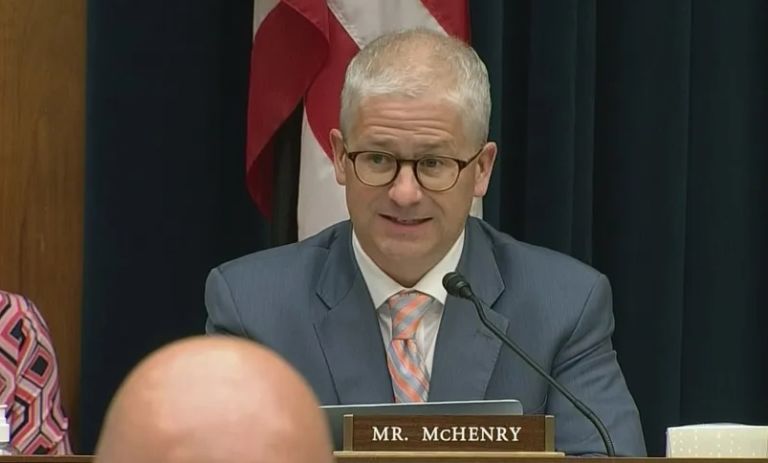Editors at the Washington Examiner tout interesting ideas for resolving the federal government’s spending disputes.
Year after year, much more harm than good results from congressional budget battles fought under threat of a government shutdown. To help set things right, Congress should pass a combination of elements from two bills that are remarkably bipartisan while backed by a number of key conservative groups.
The first and most essential bill, authored by Sen. James Lankford (R-OK) and co-sponsored by nine Republicans and four members of the Senate’s Democratic caucus, is called the Prevent Government Shutdowns Act of 2023. A complementary bill, called the No Budget, No Pay Act, was introduced in January by four Republicans and two Democrats.
The Lankford bill would provide that if any appropriations measures are not finished by the beginning of a new budget year, an automatic continuing resolution would kick in for 14 days that would keep spending at the prior year’s level. And then another 14 days, and so on. As Congress usually tries to raise spending each year, at least to keep up with and often to exceed inflation, the practical result would be to save taxpayers money in the interim without threatening a shutdown of government services. That’s why the bill is supported by centrist and conservative groups such as the Committee for a Responsible Federal Budget, Citizens Against Government Waste, FreedomWorks, National Taxpayers Union, Americans for Prosperity, America First Policy Institute, and Americans for Tax Reform.
To provide teeth, the bill mandates daily legislative meetings, including weekends, while forbidding travel, whether official or campaign-related, for all member of Congress and their staffs or by the staff of the White House Office of Management and Budget — until, that is, the necessary bills are passed.
Another incentive would really hit senators and representatives where it hurts: their own wallets. The No Budget, No Pay Act does exactly what its title suggests: If Congress doesn’t pass annual spending bills by Oct. 1, the beginning of a fiscal year, its members would not get paid until it does.


